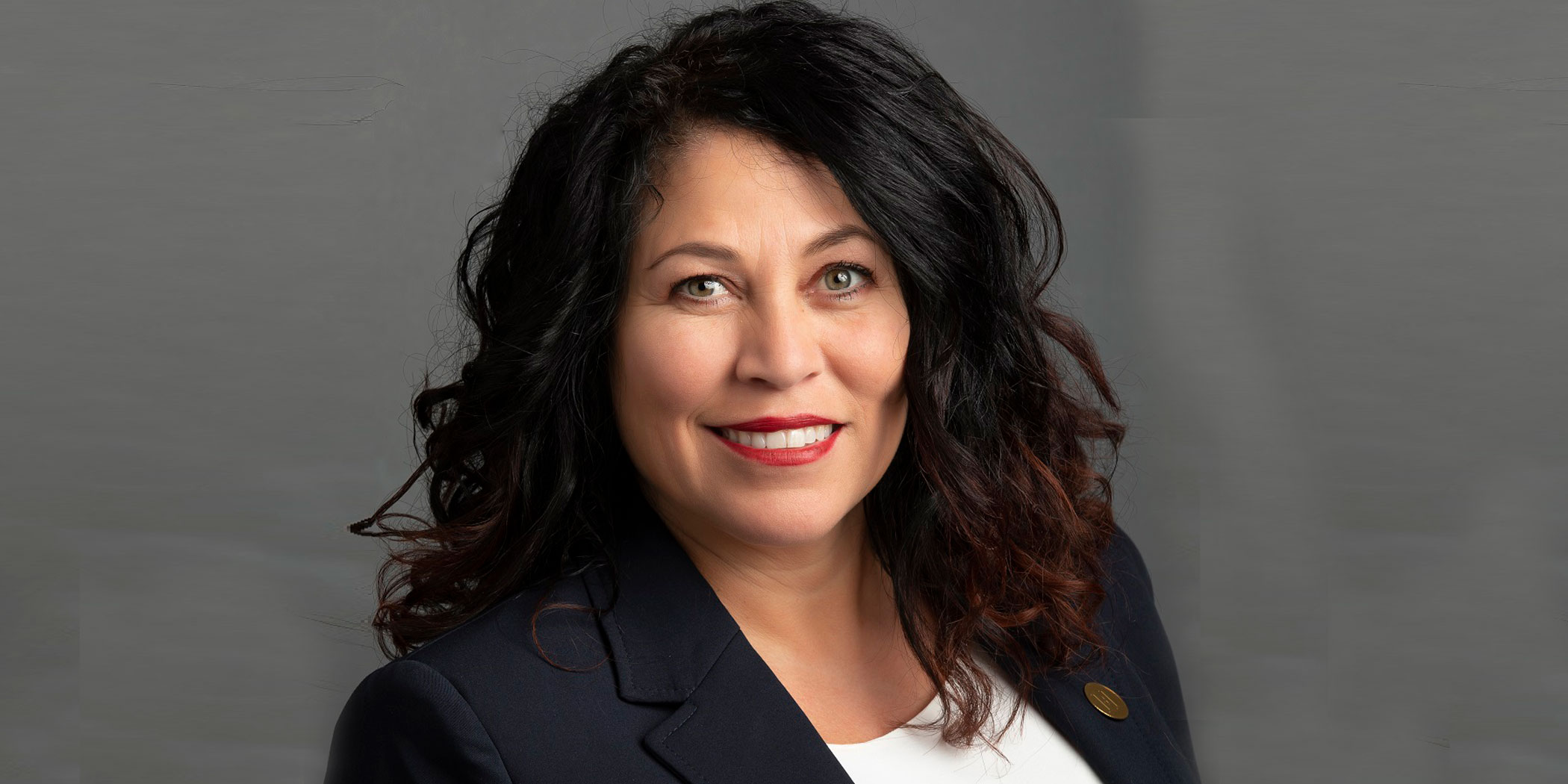Click Here to View This Page on Production Frontend
Click Here to Export Node Content
Click Here to View Printer-Friendly Version (Raw Backend)
Note: front-end display has links to styled print versions.
Content Node ID: 405319
Flight-planning company and charter broker Hadid International Services' business development manager for the U.S. and Latin America Jacqueline Simmons sees a bright outlook for business aviation in the U.S. In fact, the company’s three U.S. locations—Miami, Houston, and Sacramento, California—have been witnessing an increase in requests thanks to a booming charter market.
“This year, our operations centers are busier than they [were] even in months prior to the pandemic,” Simmons told AIN. “I don’t see a lull in the next quarter and it will continue into 2022. 2020 brought a tremendous increase in cargo-support requests.”
Conversations with industry colleagues during the last year indicate that private charter experienced a significant boom, she said. “Several operators are looking to add to their fleet, upgrading or adding larger, longer-range aircraft, and this was quite surprising. Trying to find an aircraft that would complement their fleet was taxing. It goes along with the entire shift in this industry.”
U.S. private charter saw a significant increase in domestic flights in 2020, she said. “Individuals who have never experienced charters did so in 2020, and it may be difficult for them to go back to commercial airlines, creating a demand for larger and longer-range aircraft once border restrictions start to ease.”
Simmons works with charter operators large and small. “They are my clients and sometimes I am theirs. We work closely at accomplishing missions when needed. We have had inquiries for a specific aircraft or a specific need. If a smaller aircraft is required, there are times when all I can find are large jets or vice versa: they are looking for a long-range jet and all I can find is a small plane. That is very frustrating.”

She said U.S. FBO standards remain diverse. “The U.S. has thousands of airports, with over 100 international facilities. I've been to several FBOs here in the U.S. Some are very nice, others not,” she noted. In the U.S., Florida, New York, Texas, and California had the largest concentration of international airports and, due to the nature of Hadid’s business, it centered on those locations, Simmons said.
“In addition, we look to some executive airports," she added. "You can have an executive airport and not necessarily be in a location you want to use. We have several large international airports in South Florida, including Miami, Fort Lauderdale, Orlando, and a few others. Florida also has a tremendous number of executive airports.
“The U.S. is a large country," Simmon continued. "Most aviation is concentrated in the east and the west coasts. The central U.S. states, like Wyoming, Idaho, and others, don’t have a large aviation community, although it is expanding.”
She said Latin America and the Caribbean figure high on her agenda. “Right now, I'm working on two projects in Latin America, to be able to provide better services for our clients and easier access to Latin America. Of course, last year slowed things down, and we're just now picking up where we left off. More to come in 2022.”
Simmons singled out Brazil, Colombia, and Mexico, as the countries of most interest to Hadid, as they showed strong economic recovery and opportunities for industry growth as the pandemic began to subside.
While Dubai-based Hadid was a pioneer in Africa, it remains the most challenging continent, she said. “We have clients that have many missions to Africa—that is their bread and butter—and others that only have periodic flights into the continent. It's busy supporting these trips. We have established strong relationships with local governments that enable us to be effective in this region and our customers appreciate our abilities. Being a solution-based company, we can facilitate all aspects of flights from start to finish.”
Significant Increase in Private Jet Demand
The head of another important Middle East-based flight-support concern agrees that business aviation is gaining in popularity. Mohammed Husary, co-owner, founder, and executive president of UAS International Trip Support, said demand for private jets is rising and predicted it will continue to exceed pre-pandemic levels.
“Demand for private jets has increased significantly in the past few months as we emerge from the international travel restrictions caused by the pandemic,” he said. “This demand for business jet travel is undoubtedly a reflection of the great benefits of private flight that people have seen proof of over the past two years.”
It was because of the agility of business aviation operations that so many repatriations and evacuations transported people to their home countries during some of the darkest days of the pandemic, Husary said.
“It also facilitated the transport of emergency and medical cargo to countries all over the globe," he added. "The rapid recovery and rise in demand for private jet travel also prove that it is far more cost-effective than previously thought and I’ve no doubt that this high demand will continue to grow steadily.”
The UAS China team was extremely busy during Covid-19 and highlighted issues for international operators that were unfamiliar with China's operations and regulations. “There were many hidden challenges to operators in Greater China throughout the pandemic,” Husary said.
“One example was the need for Chinese Civil Aviation Regulations Part 129 (CCAR-129), which ensures frequent operators to China are complying with Civil Aviation Administration of China (CAAC) operational and safety standards and requirements. Without CCAR-129 approval, foreign operators are allowed to operate only 10 flights in China in a year.”
The UAS China team noticed that the increase in cargo flights to and from China had created a surge in demand from operators attempting to gain CCAR-129 approval—and many operators were not even aware that this was necessary for them to continue operations.
“UAS China shared this operational insight through the UAS blog," Husary said, "to ensure that operators understood this, and so operations could continue without impediment.”